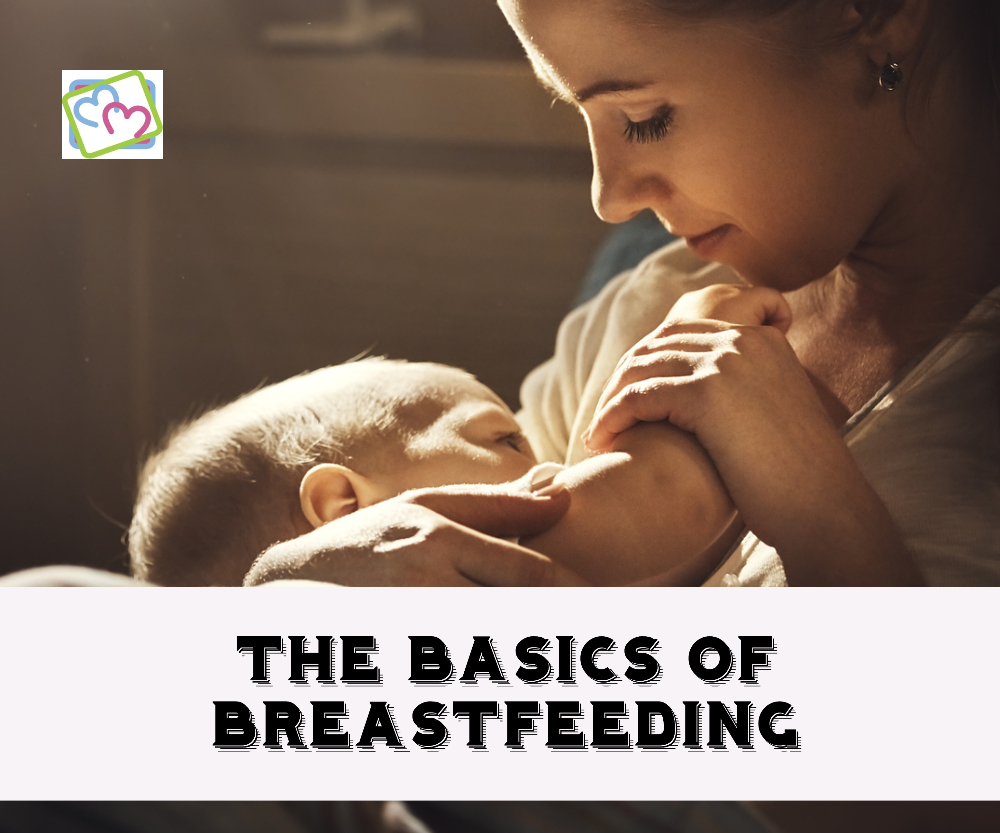
By Krista Cassel, CPNP-CP, Columbus Pediatric Associates
Expectant parents, especially “first-timers,” often ask during prenatal appointments what to anticipate when breastfeeding their newborn. We have compiled a list of things that we feel are most important to know in the earliest days after delivery.
1. Keep baby close by.
Skin to skin and rooming in are scientifically proven to improve milk production and breastfeeding success. Initiate breastfeeding early, within an hour of delivery if possible, and feed or express milk from the breast often. Placing the baby skin to skin beyond that transitional period and even after going home is also a great way to help baby regroup and get breastfeeding off to a wonderful start.
2. It’s all about supply and demand.
Newborn babies need to eat 8 to 12 times per day, approximately every 2-3 hours. Bring baby to breast for nursing sessions that often. If you cannot feed your baby directly, it is important that you are stimulating your nipples and removing milk from the breasts at least as often as your baby is feeding. This sends messages to your body to produce more milk. Similarly, removing more milk than your baby needs early on can result in an oversupply, or too much milk. We recommend waiting to incorporate routine pumping until breastfeeding is well established, usually around three to four weeks (unless medically indicated).

3. Colostrum (the first milk) may be small but is mighty!
In the earliest days after delivery your baby will only get colostrum from the breast. This concentrated nutrition is full of antibodies and all of the energy components your baby needs to grow. Although it doesn’t seem like much, it is enough, and the perfect solitary nutrition for your newborn. The volume of colostrum is small to match baby’s small tummy size, which can only hold a few teaspoons at birth. As your milk shifts to mature milk (usually around 3-5 days), your milk volumes and baby’s tummy size will increase proportionately.
4. Babies cry – a lot.
This is normal. This is the only way your baby knows how to communicate with you. As your child grows, he or she will be able to differentiate their cry to communicate specific needs. However, crying is a late sign of hunger. Therefore, it is important to pay attention to baby’s hunger cues and feed them before they are crying and disorganized. Lip smacking or licking, opening the mouth or sticking the tongue out, placing their hand to mouth, sucking and rooting (turning head and opening the mouth) are all signs that your baby is hungry. Offering the breast when the first hunger cues are noted can be helpful in getting a good latch. This is called responsive feeding or feeding on demand.

5. Trust yourself.
You will know that your baby is getting enough milk when you hear frequent swallowing at the breast, the baby is awake and alert for feeding times yet sleeps soundly between at least some feedings, is stooling frequently and gaining weight. Breastmilk is gentle on the tummy and very easily digested, so we expect breastfed babies to have four (or more) bowel movements by their fourth day of life.
6. Nipple soreness for the first week or two is normal.
But pinching, pain, cracked or bleeding nipples is not – if you experience significant discomfort, seek help (see below). Breastfeeding is a process. Latching and feeding well at the breast is a learned experience for both mom and baby.

7. Ask for help.
Early intervention, if needed, is key in breastfeeding success. Your lactation support professional, baby’s primary care provider or pediatrician, and your OB/GYN can all provide assistance when you experience bumps in the road. No amount of reading or Googling can replace the benefit of face-to-face support.
8. It’s a personal choice.
Your mental health is important. If at any point your mental health is suffering because of your feeding choice – please seek help and support. Do not let society, culture or anyone else make you feel shame, guilt or embarrassment about your feeding choice.
If you would like to hear more, join us for one of our Mama B.E.A.R.S. (Breastfeeding Education and Readiness Support) groups. We discuss all this and more in a casual, fun and friendly environment. We meet on the third Wednesday of every month in the well lobby of Columbus Pediatric Associates – 500 Brookstone Centre Pkwy. Hope to see you there!


